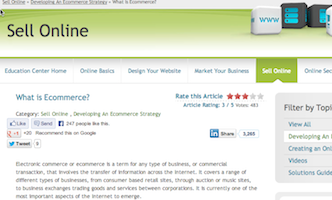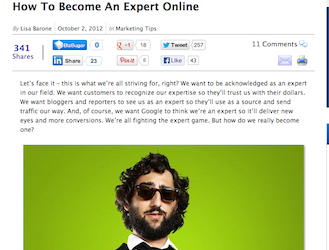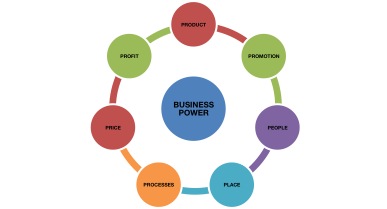There are habits that move you forward in terms of productive and there are habits that hinder your progress. Its quite possible that you have identified some of these unproductive habits. Or maybe you have not!

Unproductive habits will follow you into the workplace, creating an obstacle for you and your team. As a entrepreneur or business owner, you set the pace for others to follow.
Bad habits at work
When you realise which habits aren’t contributing positively to your personal and business growth, it’s time to change them. You need to accept responsibility for creating an environment that allows you and your employees to flourish. Its time to stop procrastinating and start working towards turning around some of your not so good habits into ones that positively impact your life and business.
Everything rises and falls on leadership” says Dr John Maxwell.
Let’s take a look at some of these business practices that hinder you from being successful:
1. Always running late
If you find yourself always trying to catch up with the clock, running late at work or meetings and appointments, you will be perceived as unreliable. While you may think that being punctual is a minor detail, these are things that your business partners, employees and friends remember about you.
Ideally, you should be seen as a person who can manage time wisely, and the best way to exhibit that is simply by being on time.
2. Preventing your employees from socialising with each other
While at the office, people interact because they need to work in teams to get things done. They talk because they need to. But there is also the need to get together outside of work purely for the purpose of socialising.
Socialising outside of work will help your staff to get to know you and each other better. Make it a habit to encourage staff socials about once a quarter. Having a team that sees camaraderie in the office can help employees get along with each other. This will contribute to your business growth.
3. Shoddy email communications
If you have difficulty writing effective emails, or one of your team members doesn’t communicate properly, it’s time to do something about it. While emails have become second nature to most people, not everyone is good at writing professional emails. This can have a negative effect on your company’s reputation. Seek advice or offer free seminars in the office that will train the entire team how to communicate effectively, and you’ll notice that your business will improve.
4. Avoiding constructive criticism
Giving feedback as early as possible is important in helping people change for the better. Successful companies have a culture of communication, where they integrate regular feedback to staff and colleagues. How will your staff know that they are doing something wrong, or could be doing something better, if you don’t tell them? Just make sure that you think your words through to avoid hurting people. Remember to use the WWW and EBI method of giving feedback.
5. Mischievous comments on social media
With the popularity of social media continually growing, some people have a bad habit of venting their frustrations about work online. This reflects negatively on your business, and on you as the leader. Things posted online can sometimes never be taken back, so you may want to develop guidelines for your organisation around the use of social media.
With these things in mind, you can set concrete actions necessary to encourage the change that starts with you. If you model these changes, it will be easier to cascade down to the rest of your team, and in no time, big improvements will be seen in your organisation. Remember that admitting there is a problem in the first place is necessary, and now you can spot what needs to be changed.
Question: What business practices is hindering your staff productivity?





























